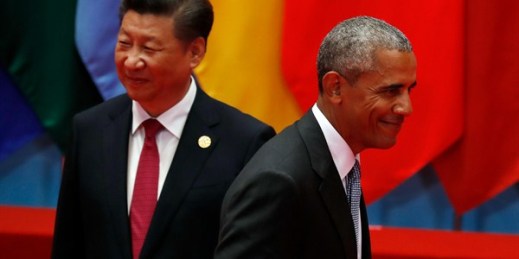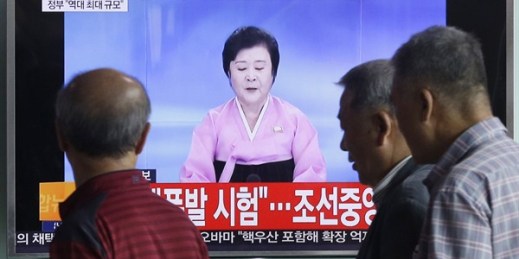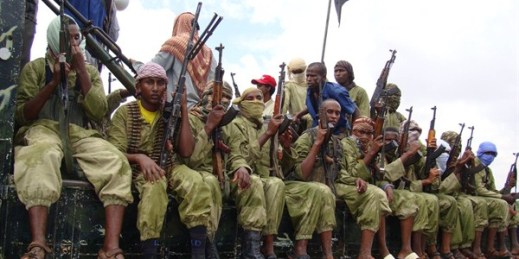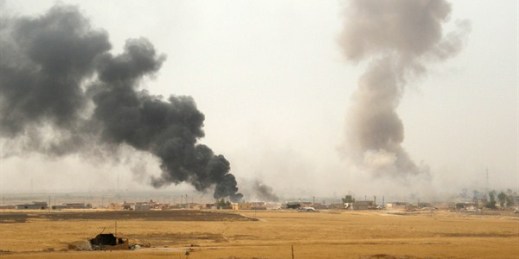
America’s conflict with violent Islamic extremism is now 15 years old, with no end in sight. While the conflict does not pose an “existential” threat to the United States, both political and military leaders have warned that it will be a multigenerational effort. There is still much killing to come; persistent violence is the new normal. This is not war in the traditional sense where victory means defeating enemy forces on the battlefield. All of the bombing in the world and even the deployment of American ground combat units to Iraq, Syria or Pakistan would only shift the conflict to […]




